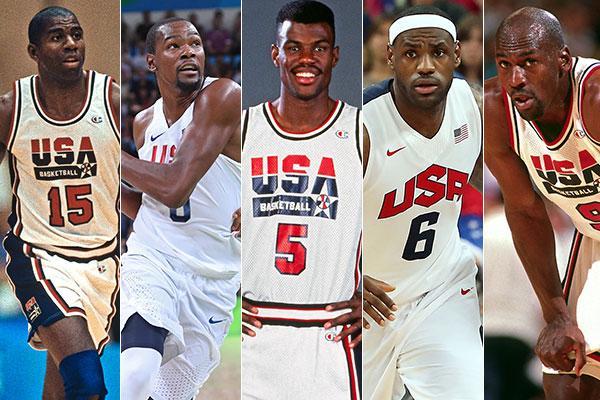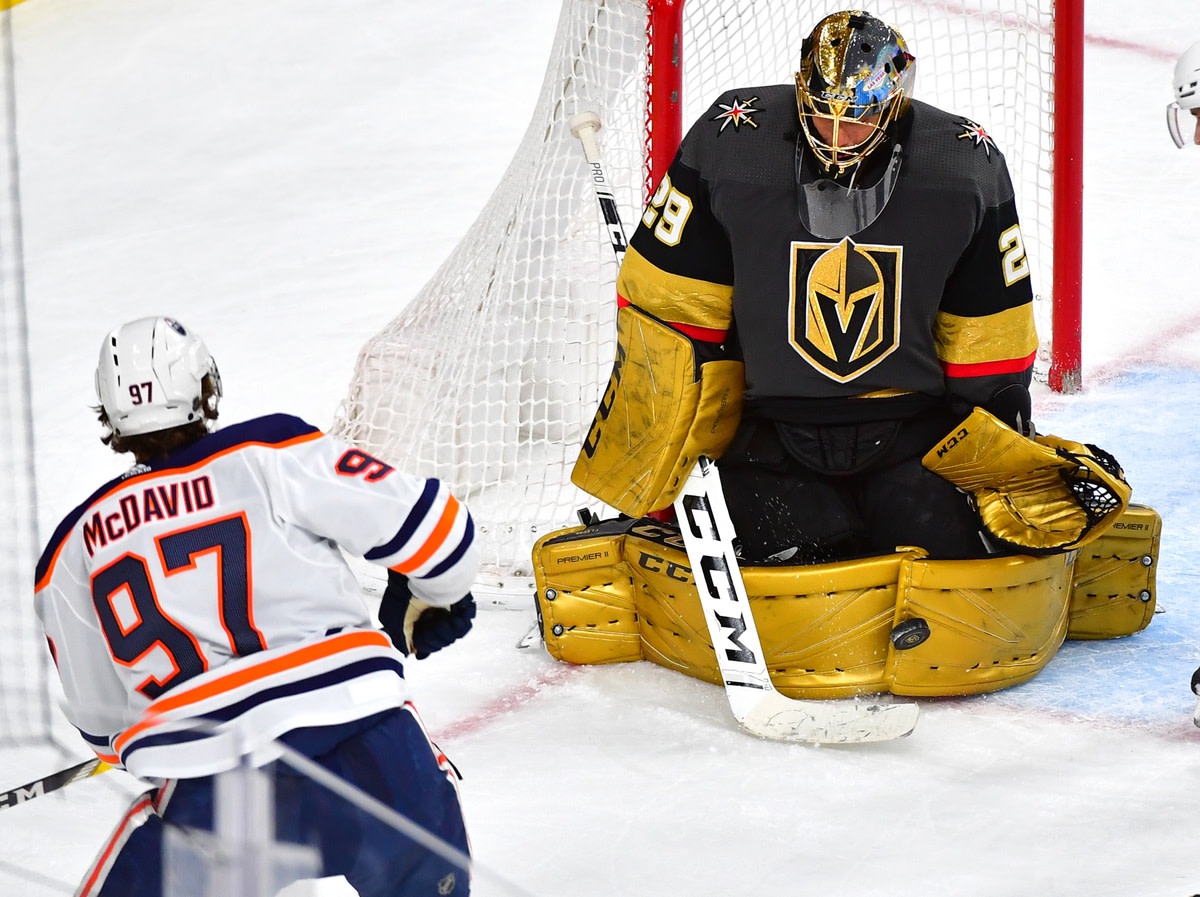
Referees in soccer have many responsibilities. These duties include managing emotions and interfacing with officials. This article will help you to communicate with the referees while playing. This includes advice on how to position yourself and emotional control. It will also answer the question of whether a referee is allowed to alter his decision.
Communicating with a referee
Interacting with a soccer referee is an important part of the game. You need to find the right balance between your opinions and not upseting the referee. To help you communicate effectively with a referee, there are some basics you can follow.

Commonsense is the key to emotional control
A referee must have common sense and emotional control. While the referee shouldn't be giving orders to the players, they should be capable of explaining the consequences of violating the Laws of the Game. Referees must take into consideration all input and make the correct decision when a player breaks one of these rules.
Adequate positioning
Referee positioning is crucial in making correct decisions during matches. Referees must be as close to action as possible during a game to make accurate decisions. If Leicester was on the attack, for example, the referee should be in a better place behind the play. Also, it is important to maintain professional body language.
Can a referee change a decision
The referee has the power to change a decision in soccer if they feel that it is incorrect or if they are advised to by an assistant referee. This can only be done prior the start of the next game. Referees are not allowed to alter their decision after the end of the game.
Offside rule in soccer
The Offside rule is a soccer rule that applies when a player moves beyond his/her own side of the field. In soccer, this means that a player is offside whenever his/her feet/body are closer to the opponent than the ball. This means that the player can't receive a pass or make a play towards it while being offside.

Can a referee rescind a match
Referees are able to call off soccer matches for various reasons. Referees have the power to stop a soccer match if the referee deems it unsafe or if the team has been punished for an offence. Referees must also report incidents that occurred during the game.
FAQ
Can I play football without any special equipment
You don't need any special equipment to play soccer. All you need is a ball, a field, and teammates. If you have a group of friends who want to join you, then you can form a team.
What are the various types of soccer balls available?
There are three major types of soccer balls: outdoor, indoor and training. Indoor soccer balls can only be used in practice sessions. Outdoor soccer balls are built to withstand extreme weather conditions like rain and wind. Training balls are specifically made for children.
What is a corner kick in soccer?
Corner kicks refer to when the ball goes from one side of the field to the other. They are usually taken by players who have been playing on the wing (side) of the pitch. The player takes the shot while running towards the penalty box. Corner kicks are exciting because they can lead to scoring opportunities.
What does a goalie in soccer do?
Goalies are responsible for keeping the ball away from the opposing team's net. Goalies use their hands, feet, and head to stop the ball from entering the net.
Statistics
- At the 2018 FIFA World Cup, Belgium playmaker Eden Hazard, renowned for being difficult to dispossess, set a World Cup record for successful dribbles completed in any World Cup game since 1966, with a 100% success rate in ten dribbles against Brazil.[10] (en.wikipedia.org)
- the estimated cumulative television audience for the 2006 World Cup in Germany was 26.2 billion, an average of 409 million viewers per match. (en.wikipedia.org)
- From the 1850s onward, industrial workers were increasingly likely to have Saturday afternoons off work, and so many turned to the new game of football to watch or to play. (britannica.com)
- They are not just good at dribbling because they are talented alone, but because they put in 100% effort during every practice. (coachtube.com)
- Get 10% off your first purchase using code BLOG. (technefutbol.com)
External Links
How To
Is there a better way to get the ball in soccer?
There are three main ways to receive the ball in football. They are dribbling, passing, and shooting. Dribbling means running towards the ball while holding onto it. This can be done with your feet or hands. Passing is when you move the ball forward using your hands. Shooting involves kicking the ball directly into the air. There are many ways to improve your ability to receive the ball. Here are some of the techniques.
Dribbling
-
Make sure that you don't come into contact with any other person while you're running. If you do that, you'll lose your control over the ball.
-
Keep your head up and keep looking ahead. This helps to see where you are going.
-
Find opportunities to pass the ball. If someone passes to a player, then you should move to make it open for them to throw another pass.
Passing
-
Pay attention to the movements of others. It is vital to determine if they are going to pass or shoot the ball.
-
Send the ball quickly. You should not pass slowly to avoid being tackled.
Shooting
-
Practice different shots. This will help you improve your accuracy and power.
-
Take aim from many angles. Don't just aim straight at the goal. Instead, aim slightly beyond or below the goal line.
These tips will help you become a great soccer receiver.